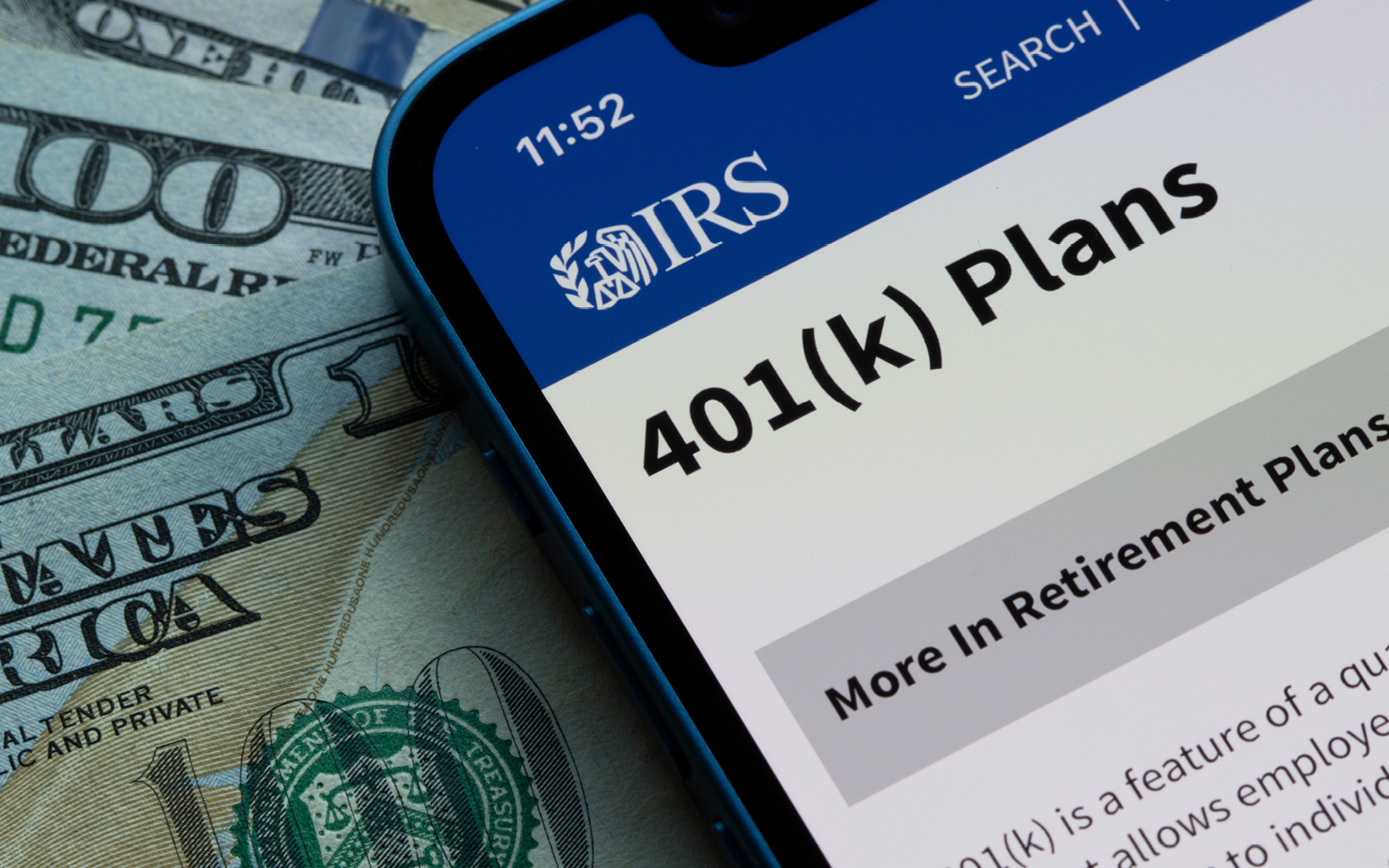What is a 401(k) plan, and how does it work?
A 401(k) plan is an investment plan offered by employers as a benefit to employees that allows them to contribute a percentage of their salary to a retirement account of their choosing. The fund contributed to the plan is then invested in a portfolio containing mutual funds, stocks, bonds, money market funds, and other investment options. Contributions to a 401(k) plan are not taxable unless an employee makes a withdrawal, usually at retirement.
Why offer 401(k) plans?
There are many reasons why companies should consider offering 401(k) plans as part of their benefits package. 401(k) plans are a valuable option for businesses considering offering a retirement plan and provide benefits for both the employer and their employees.
For companies, a 401(k) plan:
- Helps employers stay competitive for finding top talent.
- Can increase employee satisfaction and retention.
- Entitles employers to a tax deduction for contributions to employees’ accounts.
- Offers significant tax advantages like deferred taxation on contributions and earnings until distribution.
- Assists employers in meeting state mandates (where applicable).
- Is easy to set up and maintain.
- Is an important part of a Financial Wellness Program, which can increase employee productivity.
For employees, a 401(k) plan:
- Gives participants the flexibility to decide how much of their salary they want to contribute to their accounts.
- Is transferable, allowing employees the opportunity to take their benefits with them when they leave the company.
- Allows money contributed through the plan to grow through investments in stocks, bonds, mutual funds, money market funds and more.
- Is not taxable until a withdrawal is made, allowing employees to save more every paycheck.
Design a Better 401(k) Retirement Plan
Before a company decides to offer a 401(k), there are some questions that should be addressed so a plan can be designed to meet the needs of the employer’s workforce, including:
- At what age should my employees be eligible to participate in the plan?
- How long should employees work for me before qualifying to join the plan?
- Should my employees have access to a third-party online investment advisory service?
- Is a Safe Harbor plan a good choice for my company?
- Should the plan offer employees a Roth 401(k) option?
- Would my employees benefit from automatic enrollment?
Operating a 401(k) Plan
There are certain elements that come with operating a 401(k)-retirement program and many companies do not have the internal resources available to do this successfully on their own. Luckily, isolved is here to help. With isolved 401(k), we take all the work out of operating a successful program so employers can focus on other pressing HR functions. For example, isolved helps with:
- Participation
- Contributions
- Vesting
- Nondiscrimination
- Investing the contributions
- Fiduciary responsibilities
- Disclosing plan information to participants
- Reporting to government agencies
- Distributing plan benefits
401(k) Checklist
Once a company has decided to get started on developing a retirement program for employees, there are additional considerations to ensure success, including:
- Have you determined which type of 401(k) plan best suits your business?
- Have you decided whether to make contributions to the plan and, if so, whether to make nonelective and/or matching contributions?
- Have you adopted a written plan that includes the features you want to offer, such as whether participants will direct the investment of their accounts?
- Have you notified eligible employees and provided them with information to help in their decision making?
- Have you arranged a trust for the plan assets, or will you set up the plan solely with insurance contracts?
- Have you developed a recordkeeping system?
- Do you understand your fiduciary responsibilities?
- How will you monitor the plan’s service providers and investments?
- Do you understand the reporting and disclosure requirements of a 401(k) plan?

